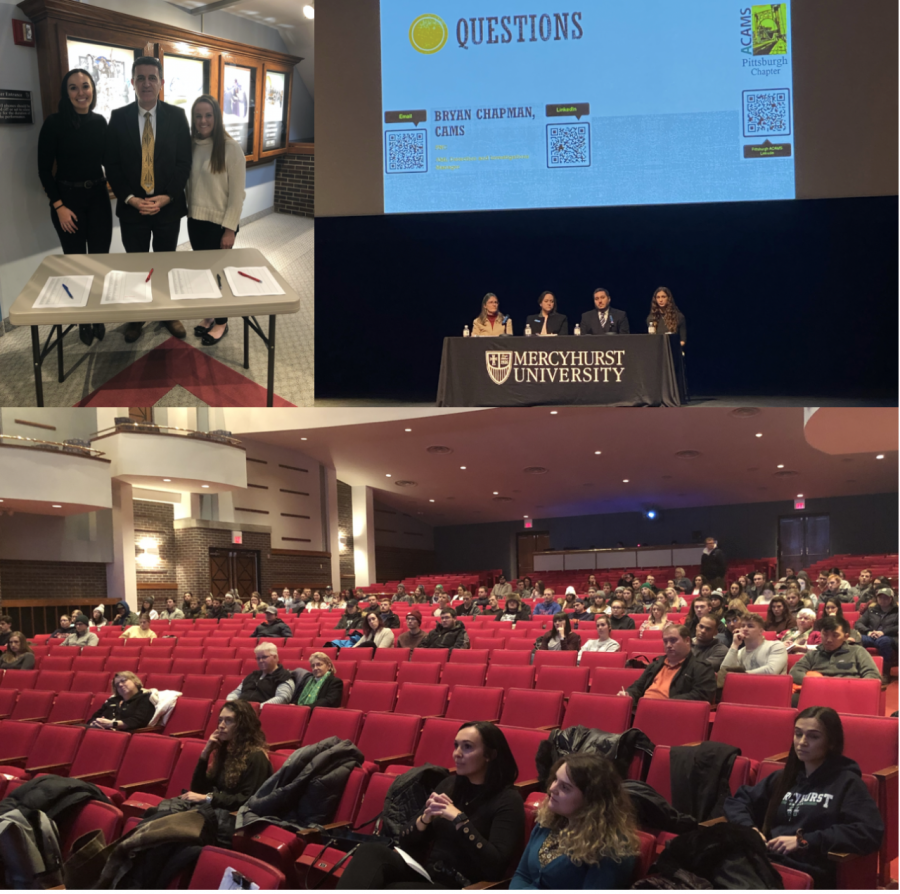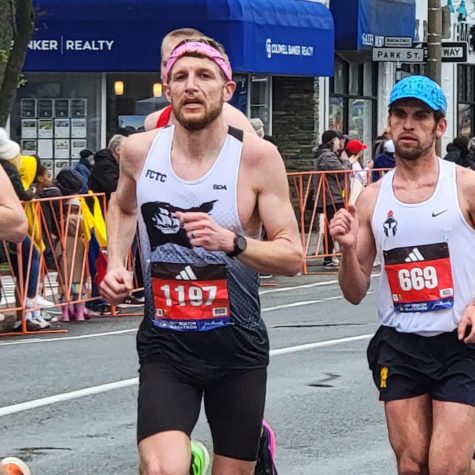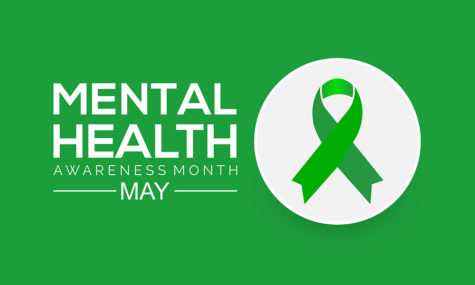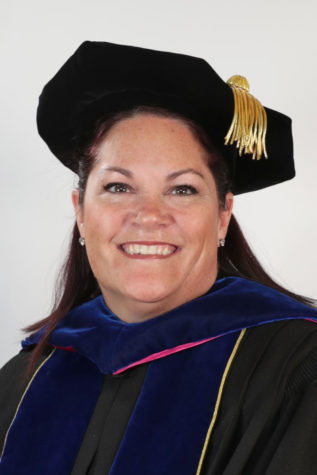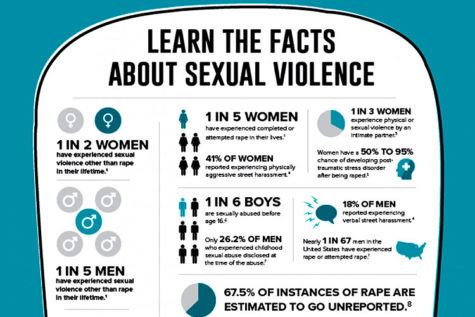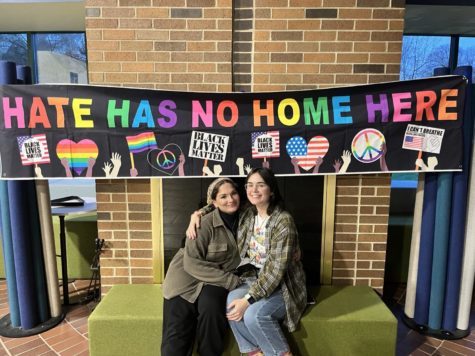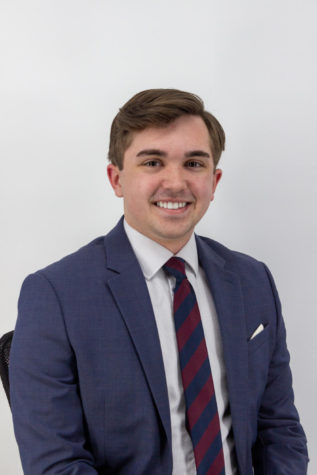AML Club welcomes speakers to discuss social justice issues
March 12, 2020
On Feb. 27, Mercyhurst University’s Anti-Money Laundering Club (AML) held an event entitled Anti-Money Laundering: Human Trafficking.
The event focused on how closely connected human trafficking is to money. Bryan Chapman, a representative from the Pittsburgh chapter of the Association of Certified Anti-Money Laundering Specialists (ACAMS), and chair of Anti-Human Trafficking force, as well as Deborah Davies, Intelligence Studies instructor, on the Anti-Human Trafficking Coalition Force and Betsy Wiest, Social Justice coordinator of the Sisters of St. Joseph also came together for this eye-opening presentation on the implications of financing in human trafficking.
This event follows another ACAMS presentation from the Fall, “Anti-Money Laundering 101.”
ACAMS Pittsburgh began a University series in 2019 to encourage the development and education of AML programs. Almost all financial institutions require some kind of AML program to comply with government regulations. Therefore, AML is a rapidly growing field in need of experienced personnel.
Orlandrew Danzell, Ph.D., Intelligence Department chair, explained that the event is not only to build Mercyhurst Intelligence Studies students’ exposure to AML but also to expand into the business majors and Erie community as a whole, hopefully adding to post-Mercyhurst job and career opportunities.
“Mercyhurst is one of the only colleges in the region to provide undergraduate AML exposure,” Danzell said.
One major takeaway from the event is how closely the private financial sector has become linked to law enforcement and government in combating organized crime threats like human trafficking and drug smuggling. According to Danzell, in many ways the private sector drives this need for AML and has developed many of the modern AML techniques used to catch criminals.
Human trafficking is a manifestation of many failures in society, including within the financial sector. Following the money is often the surest way to discover the crime and its culprits. The event also created an opportunity for Mercyhurst students to be involved in a community-wide human trafficking stance.
The Erie Anti-Human Trafficking Coalition Force was pushing for legislation in Pennsylvania to update public fliers to be more informative and placed in crucial places where victims might be separated from their trafficker. Event attendees were asked to sign letters to state representatives encouraging the legislation to pass. ACAMS hopes that publicity and exposure of AML education will prompt other universities to follow suit.
In fact, they published an article written by the faculty member behind the entire AML program: Musa Tuzuner, Ph.D. The article describes the new undergraduate AML minor program at Mercyhurst. Tuzuner and Danzell hope to host at least two ACAMS-related events every year, one in the Fall and one on the Spring. Overall, the event was a testament to the direction that Mercyhurst wishes to go— to become a reliable campus tuned into the needs and demands of current employers.

